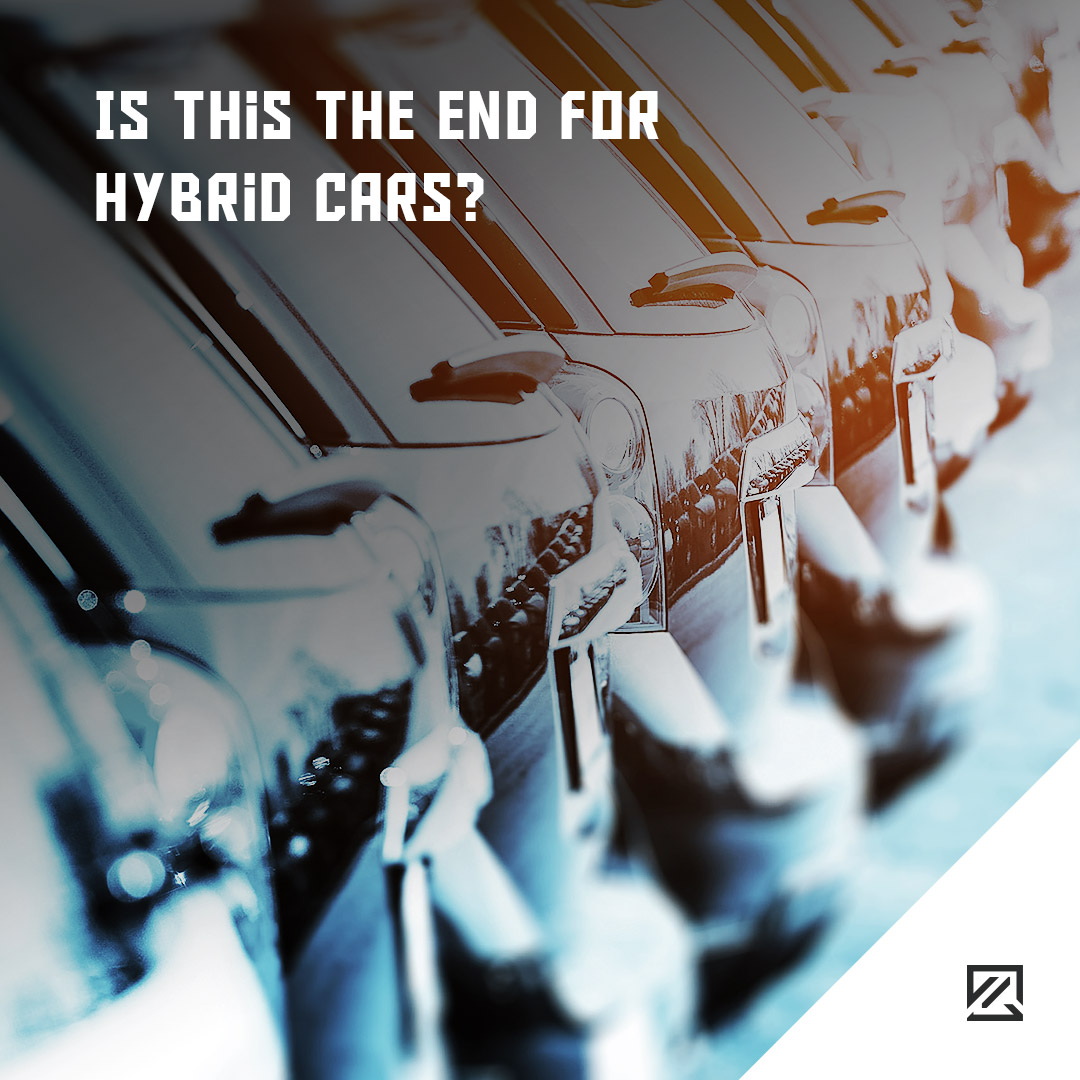Is This The End For Hybrid Cars?
It is no secret that emissions are a significant cause for concern in the UK, manufacturers and authorities alike are seemingly all working for an emission-free future. In fact, the Government is creating a Road To Zero emission strategy due to be published in 2019 as a plan on how to have the zero-emission UK by 2040.
Many of us are choosing our future cars carefully, focusing on the hybrid and electric options which lower our emissions and reduce our carbon footprint. However, in a bid to cut pollution will hybrid car owners suffer as a result?
In the Road To Zero plan, it has been unveiled already that the Government wants to ban all diesel and petrol cars in the UK. However, the Government may be going further than this by prohibiting the sale of all new vehicles that can travel less than 50 miles using electric power. This drastic measure hopes to help the UK air quality, which is described as a “national health emergency”.
Hybrids and the Road To Zero
Many of us are choosing hybrid vehicles for their functionality, practicality and environmentally-friendly credentials. However, all current hybrid models on the market would not meet the requirements and could be banned from sale. This means that popular hybrid models such as the Toyota Prius would have to drastically improve its zero-emission range in order to continue sales.
Understandably car owners and manufacturers are angry that the vision for the Road To Zero strategy is currently unclear and has no practical details of how to support the strategy or how the Government will invest to support a zero-emission infrastructure. For example, there will need to be incentives for car owners to buy into the new technology.
As it currently stands 99% of the cars on sale will be banned from 2040. Considering also that only 5.2% of car sales in the UK are electric vehicles, there is a relatively slow uptake of zero-emission cars. This means that it may be difficult for consumers to buy into the Road To Zero strategy. Another issue is that many manufacturers are investing billions of pounds into hybrid technology, which may be banned, wasting valuable time and resources.
It is evident that for the Government’s strategy to be successful, they need to provide the support, incentives and information that makes the new policy as easy to follow as possible, without adversely impacting car manufacturers or consumers.

